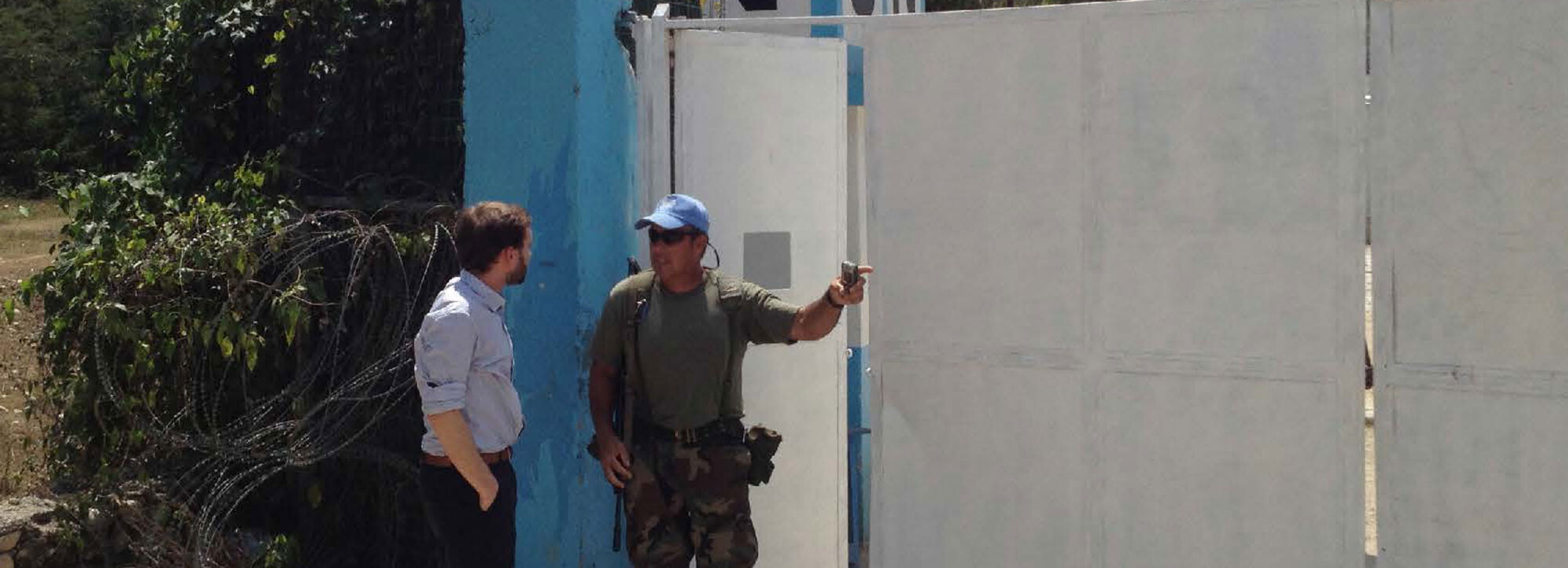The GHJP, with the Transnational Development Clinic at Yale Law School and the Association Haïtienne de Droit de l’Environnement, released Peacekeeping without Accountability in 2013. This report addresses the responsibility of the United Nations (U.N.) for the cholera epidemic in Haiti—one of the largest cholera epidemics in modern history. The report provides a comprehensive analysis of the evidence that the U.N. brought cholera to Haiti, relevant international legal and humanitarian standards necessary to understand U.N. accountability, and steps that the U.N. and other key national and international actors must take to rectify this harm.
Research, writing, and editing for this report was carried out by a team of students and professors from the Yale Law School and the Yale School of Public Health. Over a one year period, student authors also conducted extensive consultations with Haitians affected by the epidemic, as well as national and international journalists, medical doctors, advocates, government officials, and other legal professionals with firsthand experience in the epidemic and its aftermath. In March 2013, students and faculty traveled to Haiti to carry out additional investigations. The Yale student and faculty team presented stakeholders in and outside of Haiti with a draft summary and outline of the report for review, discussion and comment. The final draft of the report incorporates comments and feedback from all of these consultations.
